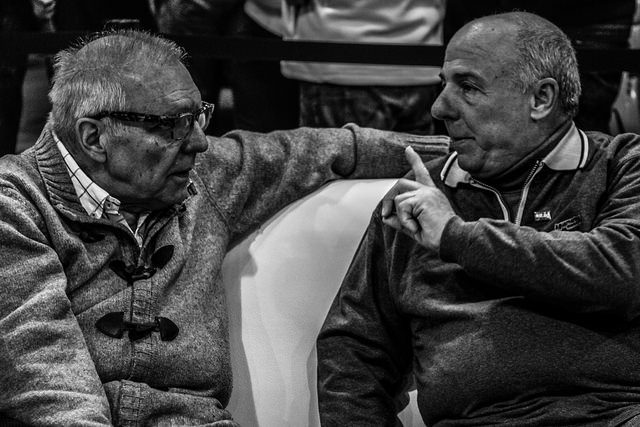How does friendship promote personal and relational health? What role does community play in healing and recovery?
Thomas Aquinas was a 13 Century philosopher/theologian who introduced the work of Aristotle to the Medieval Church. Aristotle first explored the meaning of friendship in the 4th Century BC in Book VII of Nichomachean Ethics.
“Those who quickly show the marks of friendship to each other wish to be friends,” Aristotle said. “But they are not friends unless they both are lovable and know the fact; for a wish for friendship may arise quickly, but friendship does not.”
What makes friendship so hard? Two thousand years ago Aristotle observed that there are three types of friendship.
[arrow_list]- Friends you use.
- Friends you enjoy.
- Friends who help one another grow.
Aristotle used the terms utility, (friends you use), pleasure (friends you enjoy, and virtue (friends who help you grow).
A friend you use is a friendship you enter because you have something to gain. Most business relationships are this type of friendship. You also find this type of friendship is schools and even churches. You even find marriages based on utility. Sadly, people get married all the time for what they can get, rather than for what they can give. This leads to trouble later.
If my association with you benefits me in a transactional kind of way, once the goods stop flowing, I walk away — it is a friendship of utility.
A friend you enjoy is a friendship you enter for distraction. This kind of friend may make you laugh. It may be someone you like “to party” with or go out with. It is based on pleasure. You experience no material gain, but you do get an emotional kick out of the relationship. You know you have a friendship based on pleasure when you can walk away once the fun stops.
The third kind of friendship — what Aristotle calls Virtuous Friendship — is a friend you have with whom you experience mutual support and mutual encouragement.
This is the kind of friend who sticks with you when the going gets tough. You may work together — that is you both experience mutual material gain in the relationship. You may also enjoy each other. You have fun together. But the friendship does not stop there.
This third type of friendship may include utility as well as pleasure, but it goes well beyond material gain and beyond the fun. It is enriched equally in struggle, grief, and want as well as in ease, joy and abundance.
What has become of friendship? A person who struggles with sexual addiction ask this question every day.
He and she may not ask it with words. But he and she most definitely asks it in their behavior. In the absence of a friend who helps us grow, we will seek out any alternative to try to fill the void, an empty space that only a genuine friend can fill.
This is why recovery from sexual addiction and the chaos and pain of partner trauma must include participation in a healing community. It must include the development of a group of friends who relate to your experience, who accepts you where you are at the moment, who knows the journey you are on, and who is willing to take that journey with you every step of the way.
Image by Rodrigo Paredes.

